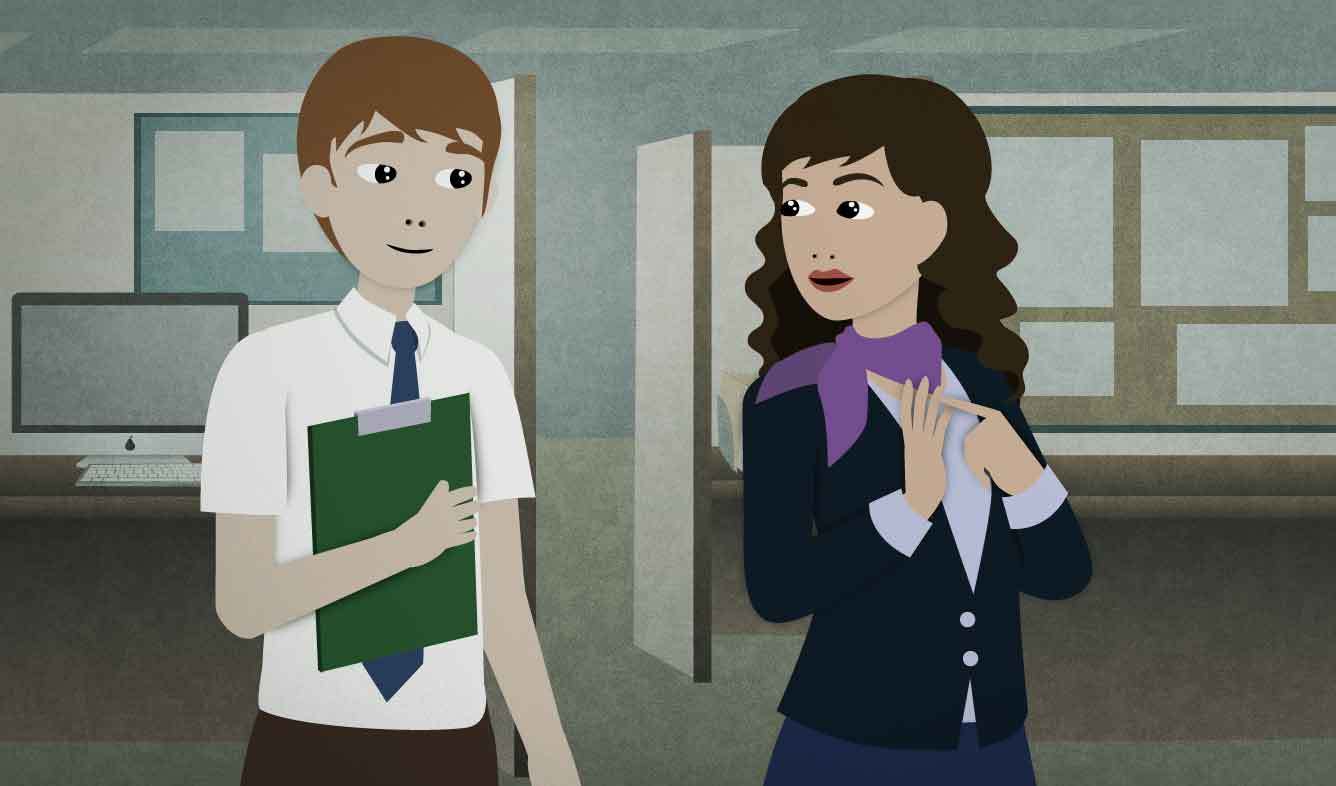“We get most major national holidays, two weeks of paid vacation, and I think four sick days.”
You're helping to train a new employee at work. He asks about the company's policy on vacation days, so you explain it to him.
We get most major national holidays, two weeks of paid vacation, and I think four sick days.
Want Video and Sound? Follow us on YouTube

sick days
"Sick days" are days that you stay home from work or school because you get sick or injured:
I took a sick day.
You can talk about the number of days that employees or students are allowed to take off:
How many sick days do we get here?
This is a casual phrase. A more formal phrase is "sick leave".
get (days off of work)
Most employers have rules about how many days you're allowed to miss work. You can talk about these rules by saying how many days you "get":
How many vacation days do you get?
We get the entire week before New Year's Day off.
national holidays
Holidays that are officially recognized by your country's government are "national holidays". Many government services are closed on these days. A lot of companies also choose to close on national holidays as well.
Monday is a national holiday here, so the Brazil office will be closed.
paid vacation
"Paid vacation" leave is time when employees are allowed to miss work but still get paid as usual. Companies usually have a paid vacation policy which outlines how many days employees are allowed to take:
We get three weeks of paid vacation, plus two "personal days".
I think
In spoken English, you can add "I think" in the middle of a sentence to show that you're not completely sure about what you're saying.
It's, I think, the third time this happened.
A natural place to put "I think" is before a number:
My husband weighs, I think, 20 pounds more than me.
A less common place to put "I think" is before a verb:
He, I think, wanted us to find out about it.
